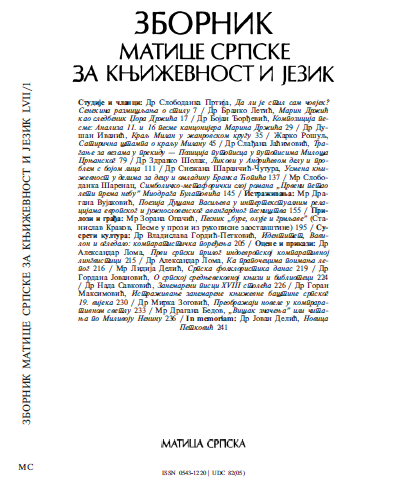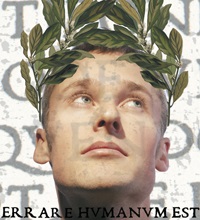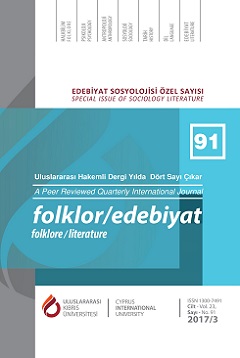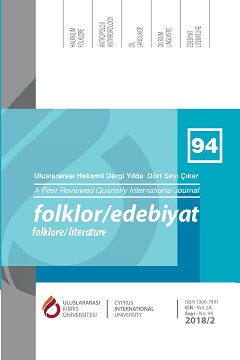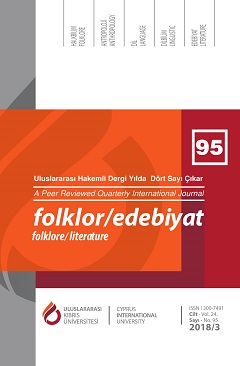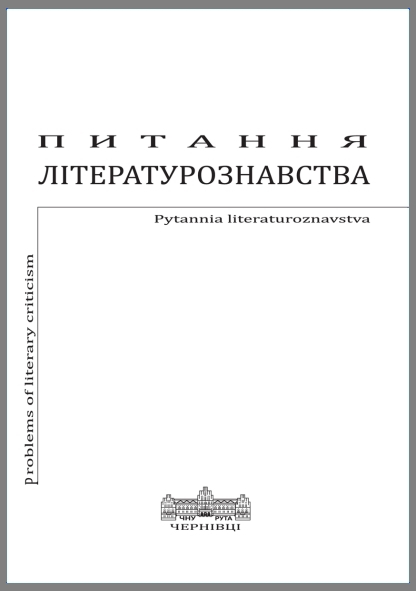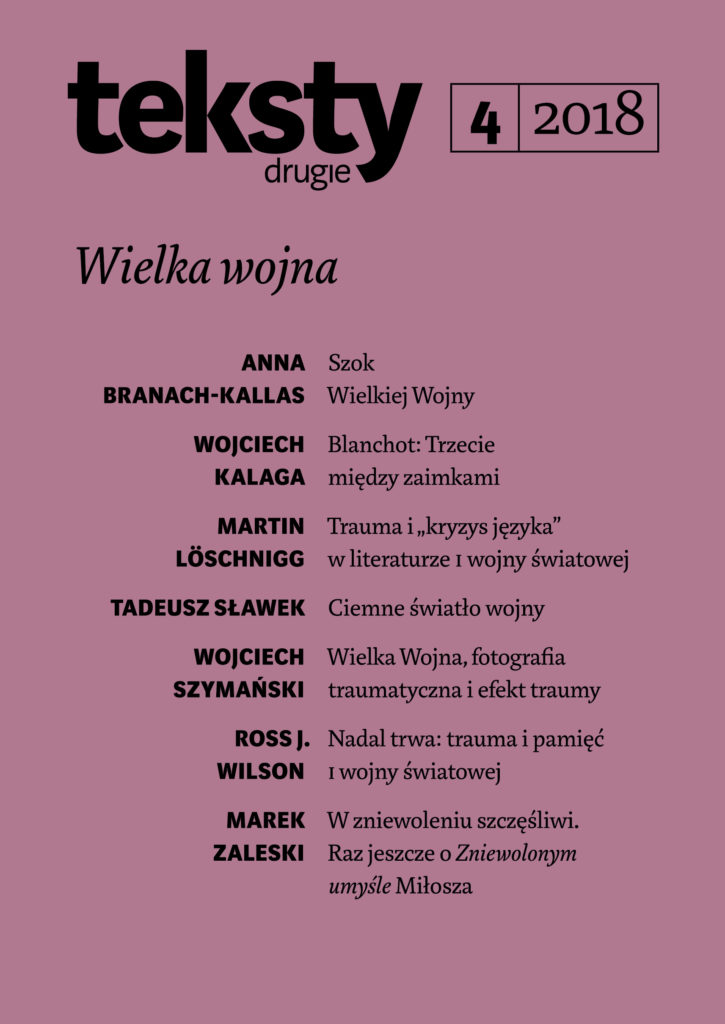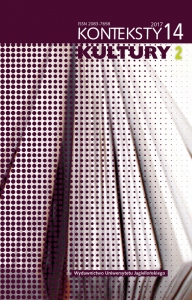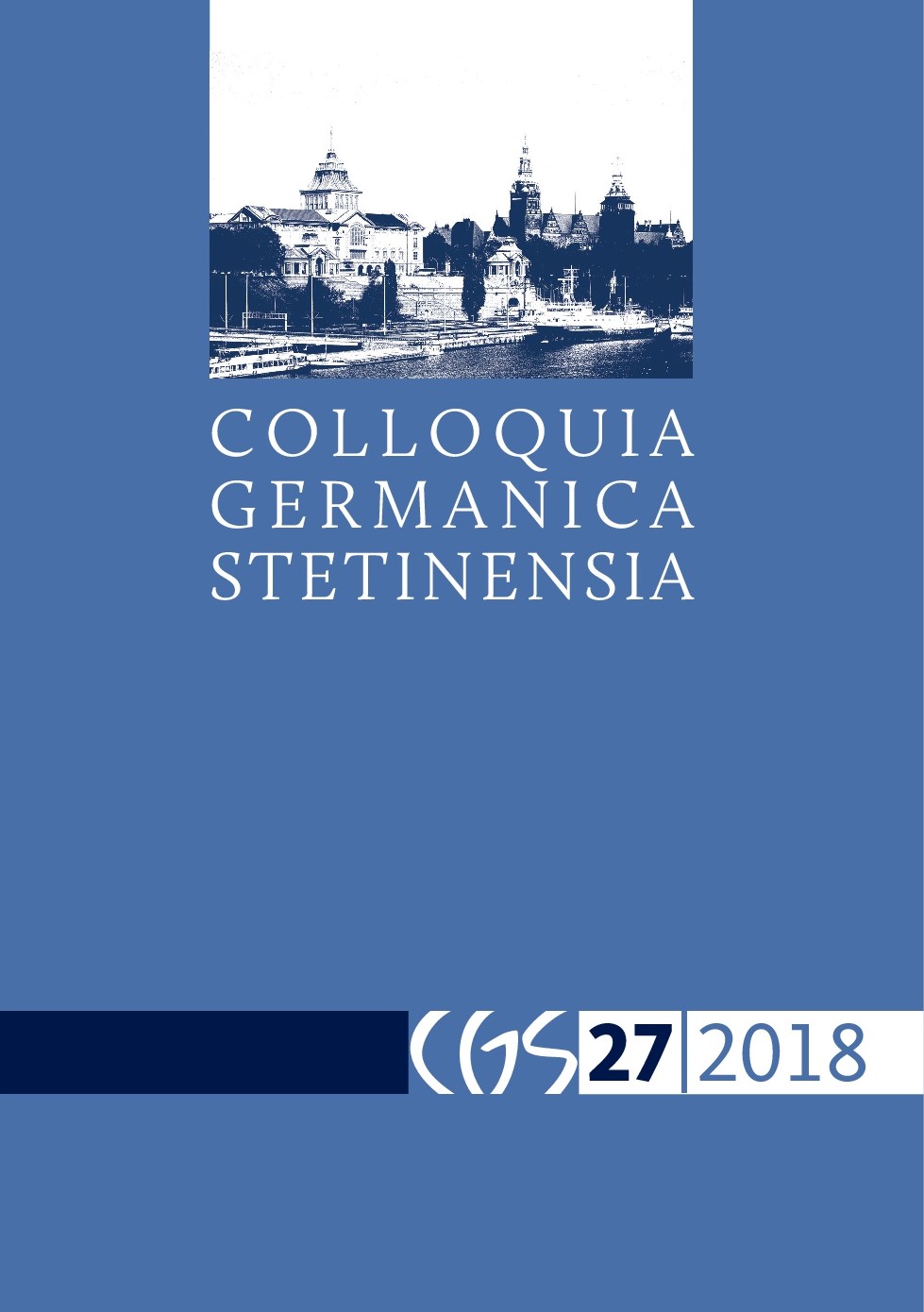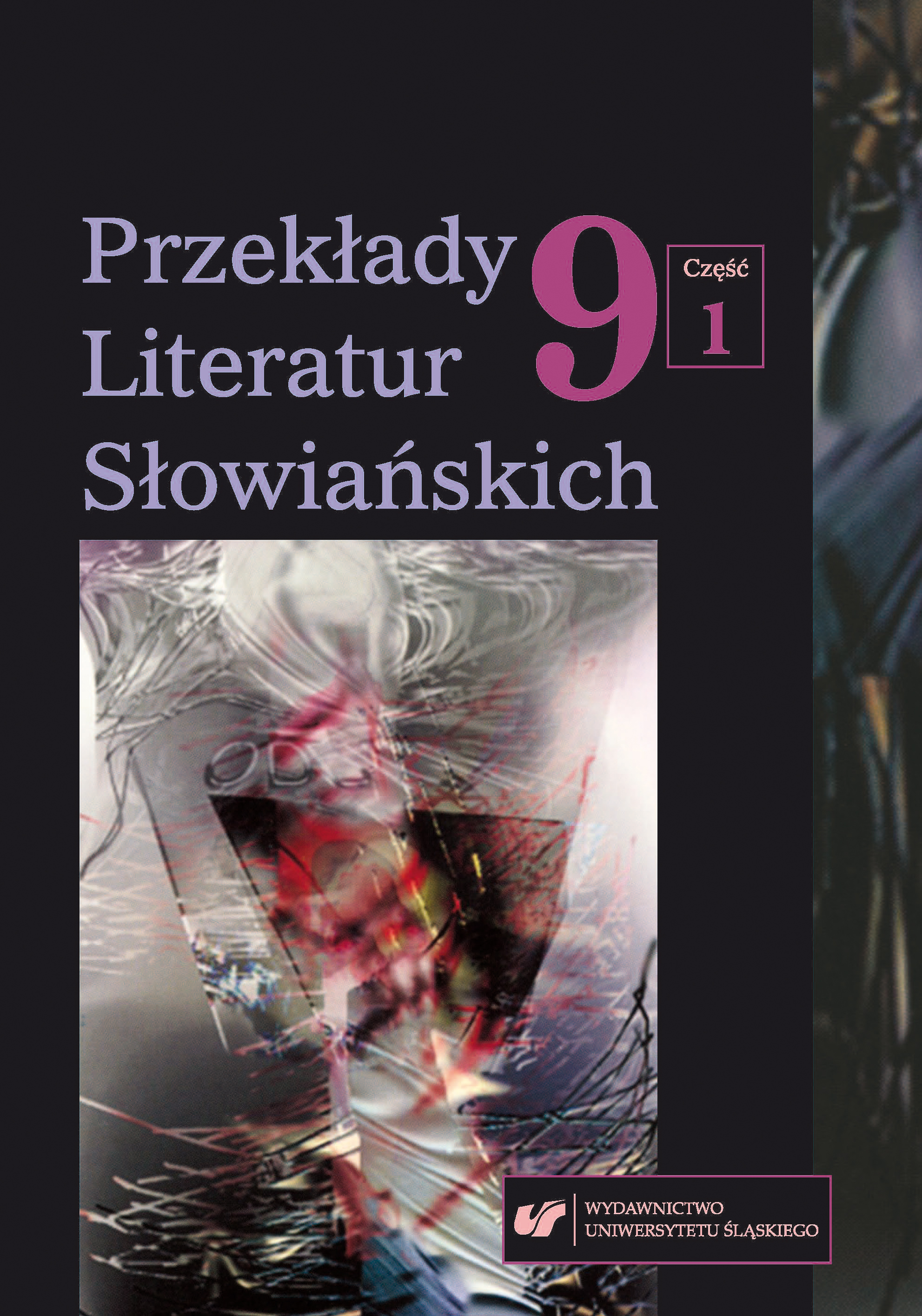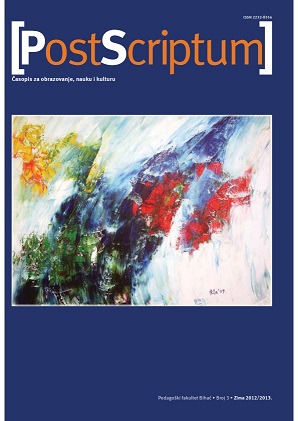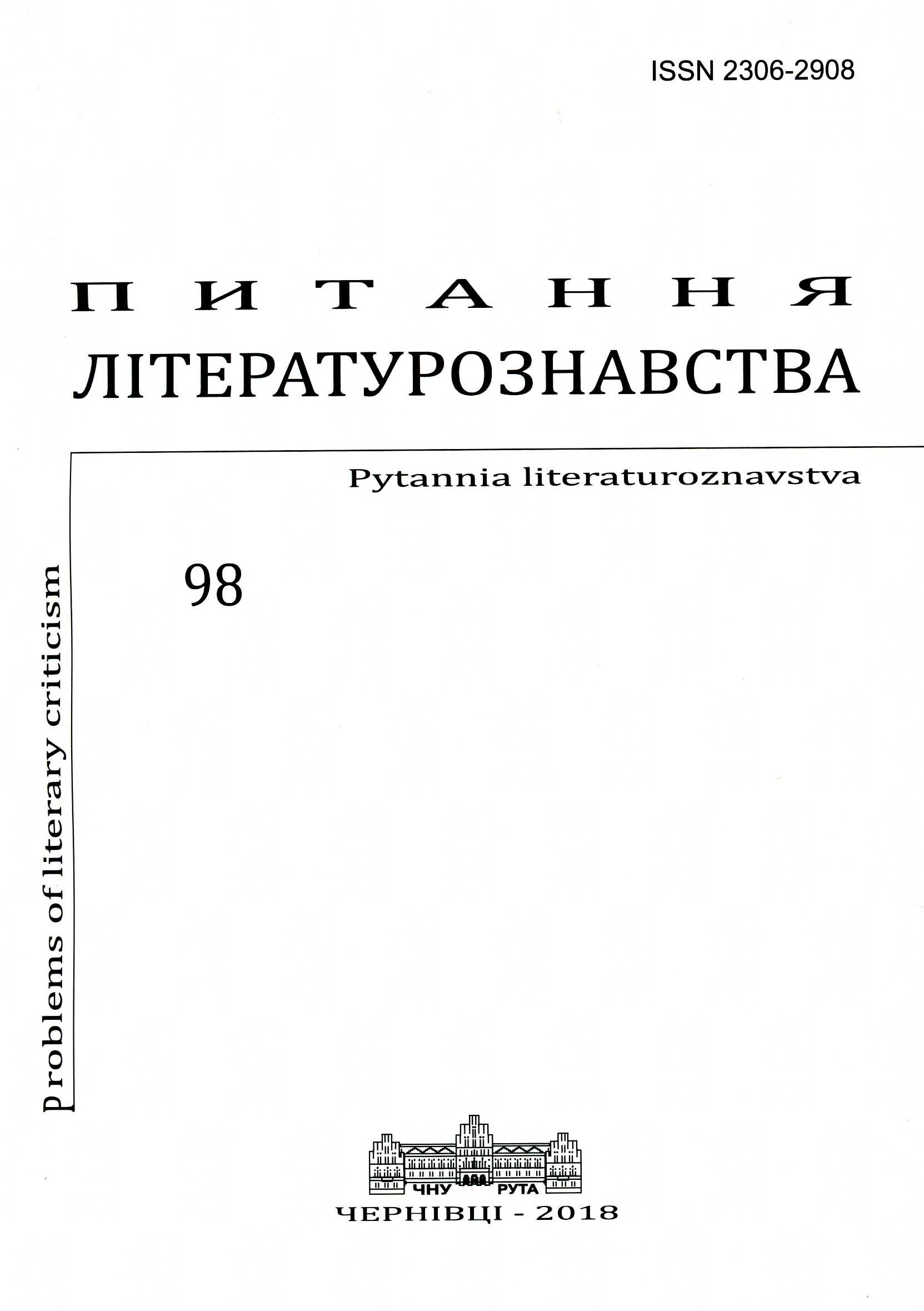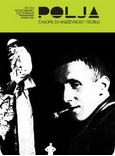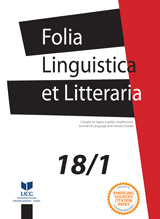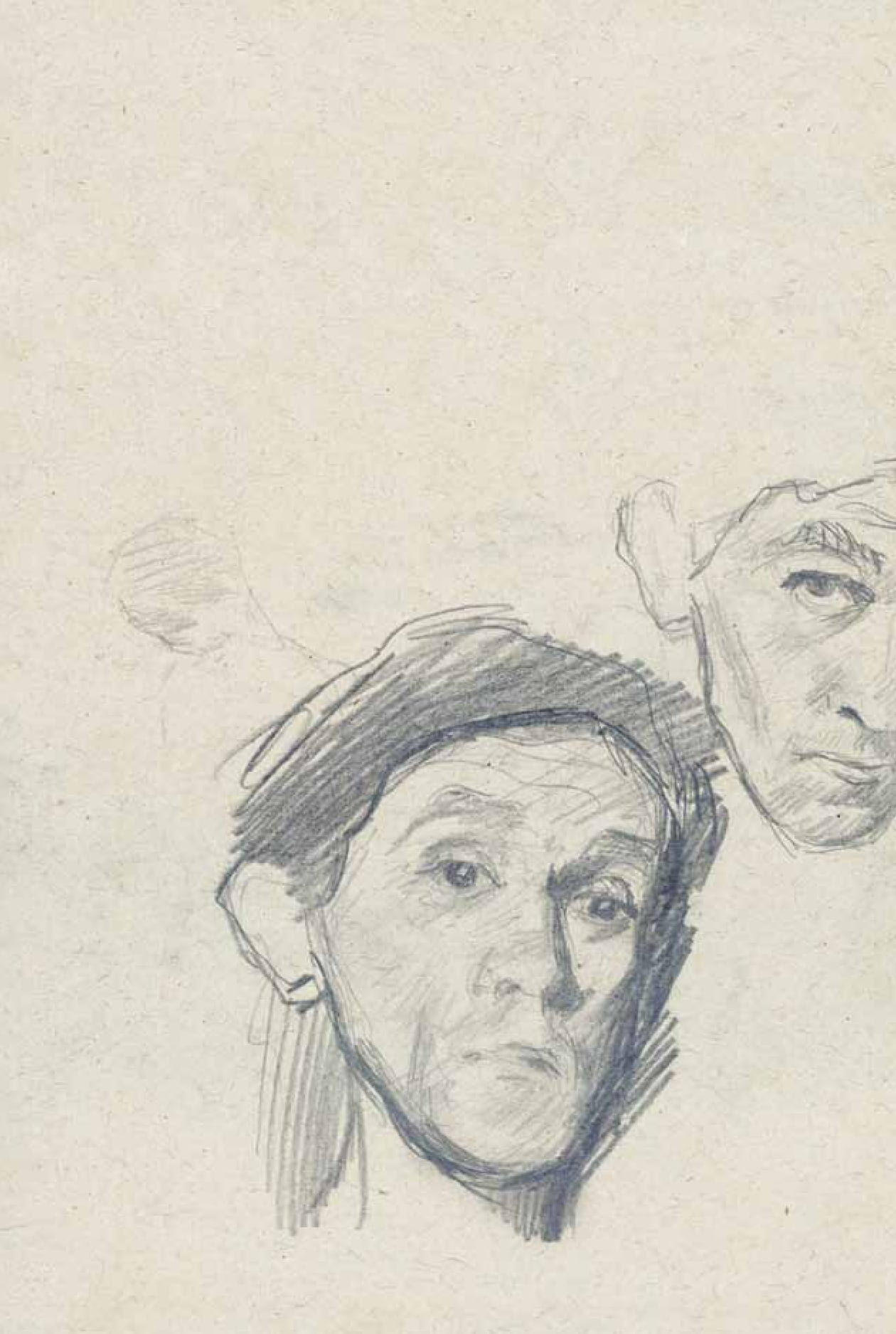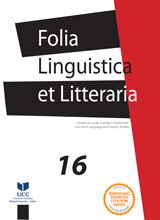Author(s): Šejla Karabašić / Language(s): Bosnian
Issue: 3/2013
Kafke Kafka, der in jeder seiner Biographien, die jemals über ihn verfasst wurden, als Fremder und Außenseiter beschrieben wurde, war der Meinung, dass alle natürlichen Verhältnisse in dieser Welt einen versteckten Sinn, der aus einer anderen Welt stammt, beinhalten. Die weltlichen Dinge tauchen bei Kafka mit einer großen Spur des Schrecklichen auf, diese verwandelt er in eine neue Welt mit einer eigenen unerbittlichen Kausalität. Diese Welt weist einen großen Grad der Präzesion und Detailkunst auf, aber diese Konstruktion entspricht nicht den Normen des menschlichen Verstandes, sondern drückt eine eigensinnige Logik Kafkas aus, welche ihn wie eine Muse inspiriert, bei den einfachen Menschen löst es allerdings ein Gefühl von Irrationalität aus. Da der Mensch aber dazu neigt, rational nach einer Lösung zu suchen, versuchen die Literaturwissenschaftler Kafkas Rätsel zu lösen und ihnen festen Boden in der realen Welt unter die Füße zu stellen, denn trotz allem scheinen uns die Dinge in Kafkas Werken von unserer Wirklichkeit nur durch eine Papierwand getrennt zu sein. Ob nun Kafkas Werk ein modernes Mythos, eine Allegorie oder symbolhafte Parabel zu bedeuten mag, ist ein Punkt, um welches sich die Literaturwissenschaftler streiten und wohl weiterhin streiten werden, wobei das enge Verwandschaftsverhältnis zwischen Mythos und Symbol nicht abgestritten wird (Lurker 1988: 497). Der einzige Fehler wäre wohl das Werk einfach nur als das eine zu verstehen, denn Allegorie bedeutet die Darstellung eines greifbaren Bildes, wogegen die Symbolik bzw. der Mythos auch den Geist umfasst und der Geist kann nicht als ein optisches Bild materialisiert werden, es muss als reiner Geist auftreten und lebt als solches in uns weiter und regt uns zu weiteren Überlegungen an.
More...
